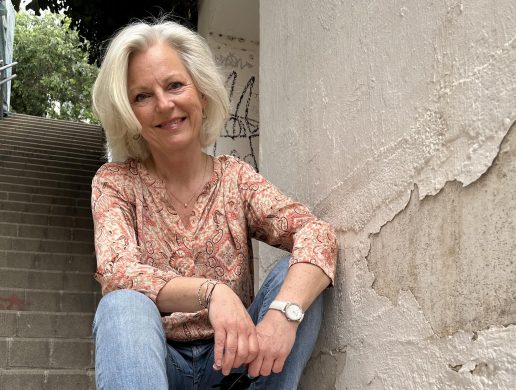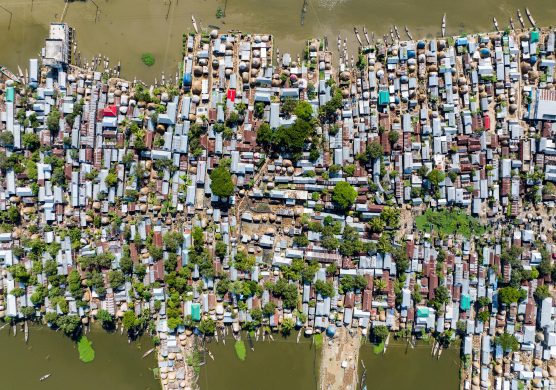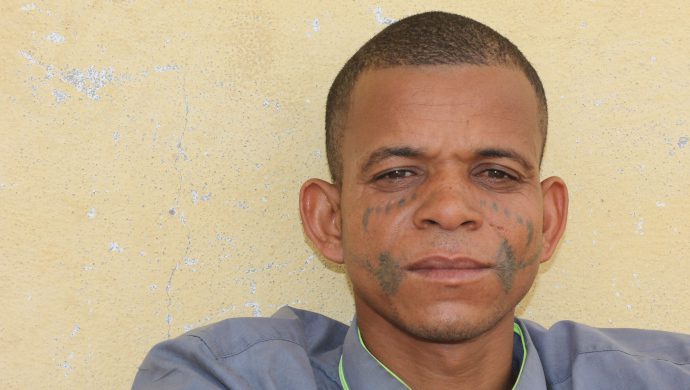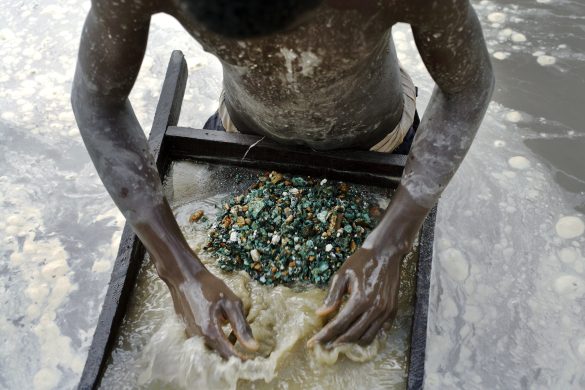Stor statuskonference for verdens mest udsatte og fattige nationer (LDC-landene) gør et blandet regnestykke op i Istanbul i den kommende uge
* Fourth UN Conference on Least Developed Countries convenes next week in Istanbul, Turkey.
* Two-thirds of developing countries are on track to meet Millennium Development Goals (MDGs = 2015 Målene); but for others, challenges remain.
* Despite setbacks due to conflict, Nepal, Solomon Islands and Rwanda have made progress on issues such as primary education and reducing maternal mortality (mødredødelighed).
ISTANBUL, 6th May, 2011: Bahadur Magar once had to borrow to put food on the table. Then, with seed money (penge til såsæd) and training from a World Bank-backed program, he started a vegetable business, earning enough money to feed his family year-round and send his eight children to school.
– Instead of collecting money, the man I used to borrow from comes over to buy vegetables, says the farmer from a remote district in eastern Nepal.
Stories of new-found prosperity like Magar’s have become more commonplace in the last 10 years, as millions of people have emerged from poverty.
But as heads of state and representatives from United Nations member countries meet next week in Istanbul for the 4th UN Conference on Least Developed Countries (LDCs), millions more do not have enough nutritious (nærende) food to eat, adequate (ordentlig) access to health care, clean water or a toilet.
The conference, attended by governments, international organizations, civil society organizations, academia and the private sector, will assess development results over the last decade, and identify challenges and opportunities for helping low-income countries overcome remaining hurdles in the next 10 years.
Despite Crises, Countries Closer to Goals
Several low-income countries are closer to meeting development goals despite strains on budgets from consecutive (adskillige) food, fuel and financial crises.
Scaling up agriculture, along with other successful programs and strategies, could accelerate progress on human development goals and help more countries become economically self-sustaining, says World Bank Managing Director Ngozi Okonjo-Iweala.
– It is vital to build on the achievements of LDCs to date and to recognize that poor countries have been playing their part to contribute to the global economy, she said, adding:
– Clearly today, these countries still face significant risks from high and volatile (svingende) food prices, climate change and conflict. While these uncertainties loom large, out of crises comes opportunity to realize a new decade of growth.
Already, two-thirds of developing countries are on track – or close – to meeting Millennium Development Goals (MDGs) such as sending equal numbers of boys and girls to school, or reducing child mortality.
“Many lagging countries can still reach several of the MDGs by 2015 – or soon after – if their policies improve and their growth accelerates,” blogged Delfin Go, lead economist in the World Bank’s Development Prospects Group and the main author of the 2011 Global Monitoring Report, released April 15.
Donors pledged nearly 50 billion US dollar (ca.250 milliarder DKR) last December to the World Bank’s International Development Association (IDA) – a fund for the poorest countries that pools assistance from multiple donors.
IDA is a major form of support for government budgets, medicine, food security, and other needs, in low-income countries like Nepal, the Solomon Islands, and Rwanda.
Those three countries – in South Asia, East Asia and Africa – were all set back by conflict or civil war; none currently look like they will attain the Millennium Development Goal of halving poverty by 2015. And in each the challenges are similar, yet different.
Nepal: Community-driven development
Læs videre på
http://web.worldbank.org/WBSITE/EXTERNAL/NEWS/0,,contentMDK:22908644~pagePK:64257043~piPK:437376~theSitePK:4607,00.html
Se også baggrund (på dansk) om verdens mindst udviklede lande på
http://www.unric.org/da/component/content/article/16-development/26236-fakta-om-ldc-landene














